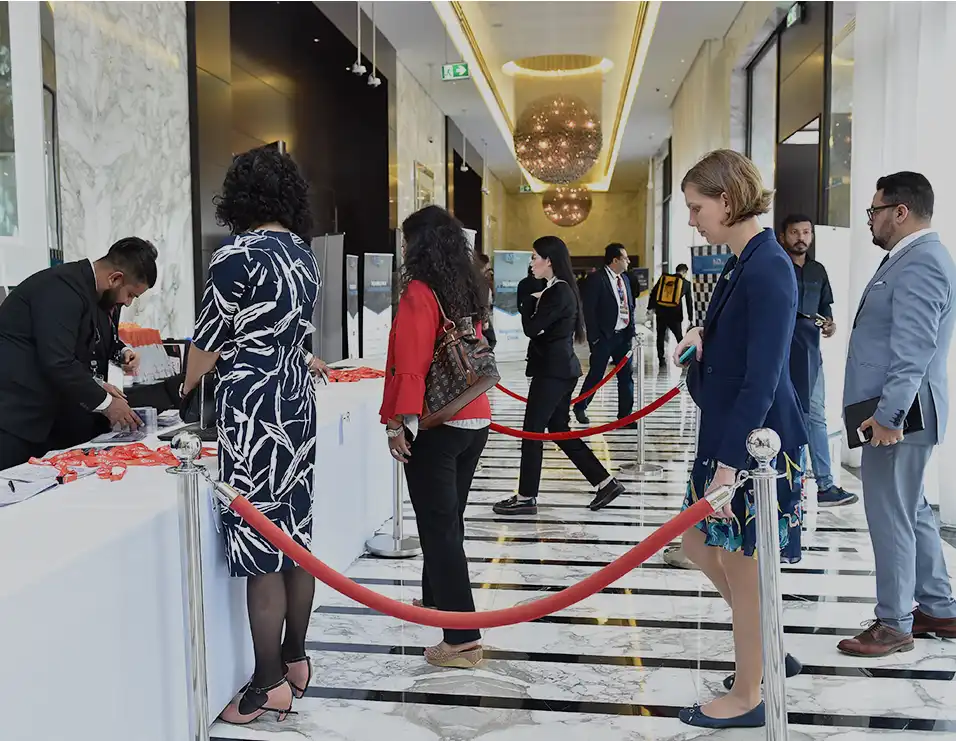Understanding Soft Skills Development
Soft skills development refers to teaching students abilities that complement academic knowledge, including leadership qualities, communication, teamwork, and time management. These skills enable learners to work collaboratively, manage responsibilities efficiently, and adapt to new situations with confidence.
At our education innovation summit, educators learn practical ways to promote these abilities through group projects, presentations, and real-world problem-solving exercises. For example, developing leadership qualities can involve assigning students to lead project teams or take initiative in classroom activities. Similarly, enhancing communication skills ensures students can clearly express their ideas and provide constructive feedback to peers.
Furthermore, prioritizing time management skills helps learners balance multiple responsibilities, meet deadlines, and reduce stress. Incorporating these approaches into education encourages self-awareness, resilience, and confidence, producing well-rounded students ready for future challenges.

Importance Of Soft Skills Today
In today’s globalized world, academic knowledge alone is insufficient. Employers, higher education institutions, and society at large increasingly value individuals with strong leadership skills, effective communication, and adaptability.
At our global education conference, educators will discuss integrating soft skills into curricula to ensure learners are prepared for future personal and professional demands.
Soft skills also enhance motivation, engagement, and collaboration. Students with task management skills are better equipped to juggle schoolwork, extracurricular activities, and personal commitments efficiently. They approach challenges proactively, maintain focus under pressure, and develop independence.
Additionally, building good soft and communication skills encourages learners to articulate ideas clearly, resolve conflicts amicably, and work effectively in teams. Our education summit provides examples and tools to embed these competencies into classrooms worldwide, creating environments that promote holistic student growth and future readiness.
Recommended Learning Resources
Educators attending our global education conference can leverage these resources to support the development of soft skills in students.
Books
These books offer frameworks and actionable strategies for building leadership, communication, and personal development:
- Developing the Leader Within You – John C. Maxwell
Teaches techniques to cultivate leadership qualities, inspire initiative, and guide students to lead effectively. - Emotional Intelligence 2.0 — Travis Bradberry & Jean Greaves
Explains how to enhance soft skills personal development, including empathy, self-awareness, and interpersonal effectiveness. - The 7 Habits Of Highly Effective People — Stephen R. Covey
Provides practical habits for improving task management for students and cultivating lifelong productivity and personal growth.
Watch & Listen
These talks and podcasts offer insights to boost communication and leadership skills for students:
- TED Talk: The Power of Vulnerability – Brene Brown
Explores emotional intelligence, authentic communication, and building trust in learning environments. - The Tim Ferriss Show Podcast
Shares strategies from top performers for enhancing personal productivity and leadership training ideas for students. - YouTube: Leadership Skills for Students
Offers practical exercises to strengthen leadership skills for students in classrooms and extracurricular projects.
Try
These tools provide hands-on practice to develop task management for students and collaboration:
- Trello – A platform for organizing projects, setting priorities, and tracking progress efficiently.
- Slack – A communication tool to enhance teamwork and teaching communication skills through organized channels and messaging.
- MindMeister – Mind mapping software for brainstorming, planning, and visualizing ideas to strengthen soft skills and personal development.
Frequently Asked Questions
Q1: I focus on academic content; will soft skills strategies still help?
Absolutely. Integrating soft skills and personal development alongside subject teaching encourages collaboration, problem-solving, and peer feedback.
Q2: Are these techniques practical in real classrooms?
Yes. Exercises demonstrated at our education summit will improve soft skills, including communication skills, and can be directly applied in class activities.
Q3: Can younger students develop leadership qualities?
Definitely. Age-appropriate projects build leadership skills for students, building confidence and accountability early on.
Q4: How can students manage multiple assignments better?
Yes. Digital tools and structured methods support task management for students, helping learners track progress and meet deadlines.
Q5: Are these approaches suitable for beginner educators?
Absolutely. Step-by-step strategies guide teachers to implement teaching communication skills effectively, regardless of experience.
Share Your Soft Skills Innovations
If you are creating programs or tools to enhance soft skills development, join our global education conference as a speaker or contributor. Share insights, demonstrate strategies, and help shape a generation of confident, collaborative, and adaptable learners.
Get In Touch


